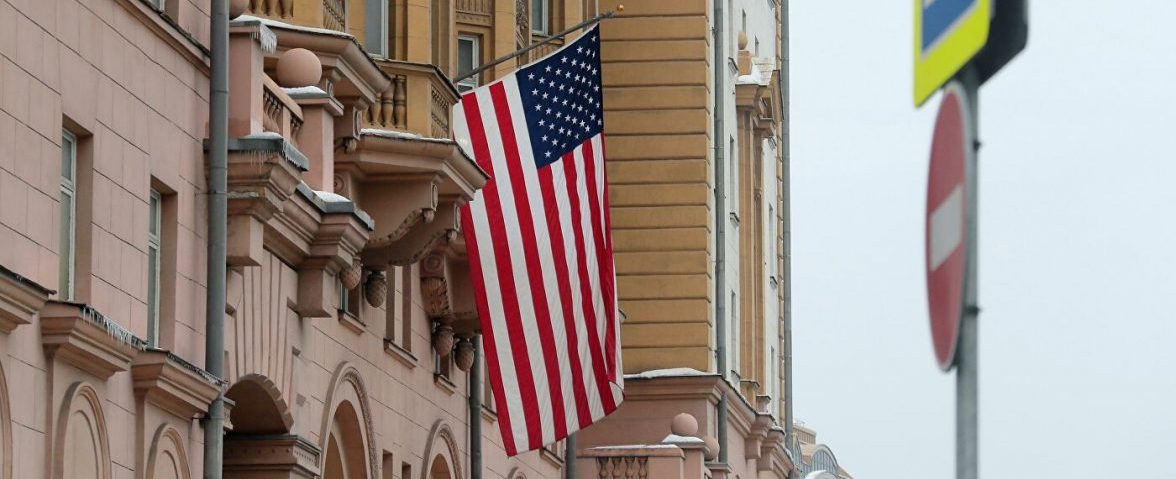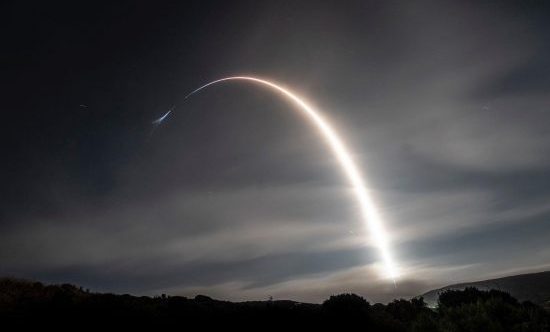International politics experts seek to determine the nature of contemporary relations between Russia and the United States. Obviously, there is a conflict – but which one? Is it similar to the early Cold War, the period of the Korean War and the Cuban missile crisis? Or is it similar to the later period of the Cold War, accompanied by agreements on the limitation of strategic arms and the Helsinki process?
Obviously, both analogies are wrong. Today we are witnessing the destruction of those limitation regimes, but at the same time, Russian and American troops are simultaneously in the theatre of operations in Syria, without colliding with each other.
And yet this is a conflict – Russia and the United States are vying for influence and status in the world; they are fighting for valuable resources in Eurasia. This confrontation is especially acute in the Russian borders belt, since it affects the vital interests of our country. However, it would be unfair to describe this confrontation in historical terms. We are witnessing a new type of relations between Russia and the United States; a new point on the spectrum which encompasses different varieties of conflict. The key goal of this rivalry is to define new rules of organisation common to the whole international system. To describe this new type of relationship, it is productive to use the term “competition”, which first appeared in the Russian Foreign Policy Concept in 2008. In the process of competition, states determine exactly how the world will be organised, who will initiate the rules by which it acts, and who will become the main beneficiary from the application of these rules.
According to the theory of conflict, competition can take one of two types – it can be strategic: aggressive and hostile, or it could be natural. Strategic competition is distinguished by the fact that it is an active programme of action, supported by significant resources and aimed at significant, favourable changes in the existing balance. Strategic competition is revolutionary; it happens quickly, over a short period of time, and gravely threatens the interests of opponents.
Natural competition, on the other hand, is evolutionary. It is reactive, opportunistic and relatively slow. Noticeable changes to the international system which result from the course of natural competition can take a very long time. As such, natural competition is not life-threatening for opponents.
During the first two decades after the end of the Cold War, we saw two successive stages of US strategic competition in Eurasia. In the 1990s, it was a strategy to expand the liberal world order in Europe. Its concrete results were the expansion of NATO, the creation and development of the European Union, the inclusion of some post-Soviet states in the orbit of Western influence. This policy, although it was not directly aimed against Russia, affected its key vital interests.
In the 2000s, the second stage of US strategic competition in Eurasia began. The US focus has shifted to the Middle East and Central Asia. Republican associations of George W. Bush carried out a campaign in the region promoting regime change and the “spreads of democracy”. In the Middle East, Central Asia and the Caucasus, they supported radical changes and did not hesitate to use force. And although this policy was also not directed directly against Russia, it affected vital Russian interests.
Two decades of consistent pressure have bred in the Russian elites the feeling that only through the implementation of strategic competition, if necessary by force and pressure, can foreign policy be implemented. With the arrival of Barack Obama in the White House, the United States began to move away from implementing programmatic strategic actions in Eurasia. To a large extent, this happened under the influence of heavy expenditures and the significant economic and the domestic political consequences of these campaigns for the United States itself. In the 2010s, American policy in Eurasia began to shift towards natural competition. It has become more opportunistic, reactive, and one might even say reflexive. In response to the events of the Arab Spring, which undermined the legitimacy of the governments of many American allies in the Middle East, the United States was forced to act amid conditions of uncertainty, often contradicting itself and forced to worsen the environment for the realisation of its own interests. This was the case, for example, in Egypt, where the United States was forced to betray its ally Hosni Mubarak and put up with Islamist rule, albeit for a short time, before offering the local military its blessing to carry out a military coup. In Libya and Syria, the US has consistently avoided a strategy that resembles its invasions of Iraq or Afghanistan, given how costly and ineffective these were.
In relations with Russia, competition was also natural. However, it was during the presidency of Obama that the most significant internal political crisis occurred in Ukraine, which quickly became internationalised. The United States played an important role in it and this led to an unprecedented clash with Russia. However, the fact that the United States did not take advantage of the situation in order to conclude a military alliance with Ukraine, to deploy its armed forces on its territory, shows the limits of American strategic intentions regarding that country.
With Donald Trump in the White House, the next stage of US strategic competition began. This time, against China. In pursuing this strategy, the United States imposed disciplinary sanctions on its allies and unleashed a wide range of trade wars against not only opponents, but also its own allies. This indirectly affects Russian interests, as, for example, it has affected the fate of the Nord Stream-2 pipeline. The anti-Russian sanctions were adopted rather against Trump’s wishes, and were the result of the shock that the US political establishment experienced in connection with the election of an inconvenient president in 2016.
For its part, Russia does not and has not conducted strategic competition against the United States since the Cold War. If this was the case, Russia would now be actively present in Latin America, expanding its zone of influence and striving to change the balance of power in this region in its favour. Russia’s actions in most episodes were reactive in nature and were retaliation for political processes initiated or supported by the United States, primarily within the belt of its Russian borders.
The 2020 US presidential election could end another phase of US strategic competition. It is highly probable that the new president will bury the proverbial hatchet and abandon the aggressive US stance towards some of his opponents. Russia will have the opportunity to observe the United States, which will be consumed by internal problems and will not experience the itch of transformations in other regions of the world.
Original publication valdaiclub.com












